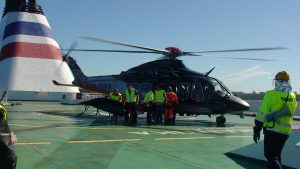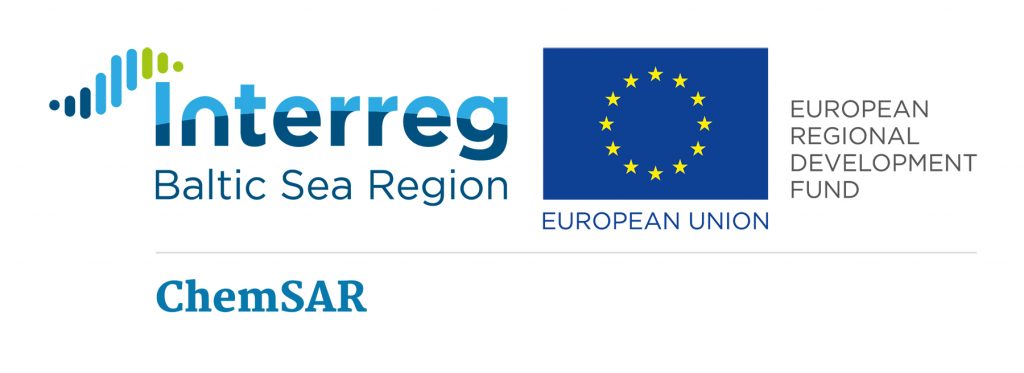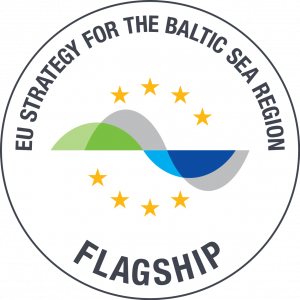
A large amount of chemicals and hazardous and noxious substances are transported in the Baltic Sea. The great demand of chemicals as raw materials in various industry sectors, for example, leads to high transport volumes.
The globally increasing transport volumes of chemicals and hazardous and noxious substances call for improved preparedness and cooperation. Most of the harmful substances present more than one hazard to health; hazardous and noxious substances may, for example, be corrosive or poisonous, produce toxic vapours, pose an asphyxiation hazard, result in long term damage to eyes or the nervous system, have long term carcinogenic effects and so forth. When accidents happen, the negative consequences may have an effect on human lives, the environment, and property alike.
Goods can be transported safely and human lives secured by improved awareness of the substances transported, and the risks that are involved. Accidents can be handled with the least possible loss and damage, when there is shared situational awareness between the crew onboard and the rescue authorities ashore. Major accidents, when they happen, call for transnational cooperation and preparedness. ChemSAR presents uniform operational plan (OP) and standard operational procedures (SOPs) within the Baltic Sea to save human lives in maritime incidents involving hazardous and noxious substances.
ChemSAR – Operational Plans and Procedures for Maritime Search and Rescue in Hazardous and Noxious Substances (HNS) Incidents presents a consortium of rescue authorities and research and training academies in the Baltic Sea Region: The Centre for Maritime Studies of the Brahea Centre at the University of Turku, Finland; The Finnish Border Guard, Finland; NOVIA University of Applied Sciences, Marine Technology, Finland; Helsinki City Rescue Department, Finland; Estonian Police and Border Guard Board, Estonia; Swedish Coast Guard Headquarters, Sweden; Klaipėda University, Lithuania; Free and Hanseatic City of Hamburg/Ministry of Environment and Energy/Department of Emission Control/Fire Brigade Hamburg, Germany; and Central Command for Maritime Emergencies Germany (Haveriekommando).
ChemSAR project has been funded from the Interreg Baltic Sea Region Programme 2014-2020.


The content of this website has been produced in the ChemSAR-project in cooperation with nine different partners from five different Baltic Sea Region countries. The information given on this website is based on the work of the project partners and it has been prepared with due care to the best of knowledge. It should anyhow be acknowledged that the information provided is not in anyhow comprehensive.
ChemSAR-project or its project partners cannot be held legally responsible for the information provided on this website or on the decisions that are based on the information provided on this website. The information stated on this website does not replace or interfere with any international, national, regional or local decision procedures unless particularly decided so. Also national and organizational occupational safety regulations have to be followed in search and rescue operations.
